Economic growth slows down in coming fiscal year, World Bank forecasts

Kathmandu - The World Bank (WB) has said the economic activity in Nepal, which rebounded strongly in fiscal year 2017, has been impacted by severe floods occurred last months. Damaging floods in mid-August are likely to affect agriculture, economic activity, and poverty reduction efforts even up to fiscal year 2018.
“Economic growth is expected to be lower than earlier forecast and is expected to average 4.5 percent over the next two fiscal years,” the WB forecasted.
The floods have affected over 5 percent of the total population, with several districts recording the heaviest rainfall in 60 years. Over 80 percent of land in the southern Tarai was affected. Estimates of destroyed crops at 64,000 hectares will likely lead to a weak agricultural output in fiscal year 2018, according to the WB.
In its semi-annual assessment of economic performance, the WB notes that the current account, which turned into a deficit in fiscal year 2017, is also expected to deteriorate further in fiscal year 2018.
"Import growth should remain strong, while growth of exports and remittances are expected to remain sluggish. Recorded departures of migrant workers have continued to slow, reaching a five-year low in fiscal year 2017," the Nepal Development Update of the WB states.
The WB has stated that departures of Nepalis to overseas employment are not expected to improve significantly given the geopolitical tensions between Gulf Cooperation Council countries and Qatar.
As Nepal prepares for an ambitious shift from a unitary to a federal system of government, closer attention to sequencing political, financial and administrative decentralization will be key, says the World Bank in its latest Nepal Development Update.
“A system of fiscal transfers that is designed for transparency and predictability and supported by a small set of simple rules, could go a long way in helping meet the development objectives of federal Nepal,” it added.
Government revenue collection in fiscal year 2017 reached a new record, while government spending accelerated as well. However, more than 60 percent of the capital budget was spent in the last quarter of the fiscal year while expenditure remained significantly below the planned budget, a perennial problem in Nepal.
The era of balanced budgets has ended with the fiscal deficit reaching an estimated 3.3 percent of GDP in fiscal year 2017 and expected to increase going forward as well, according to the WB.


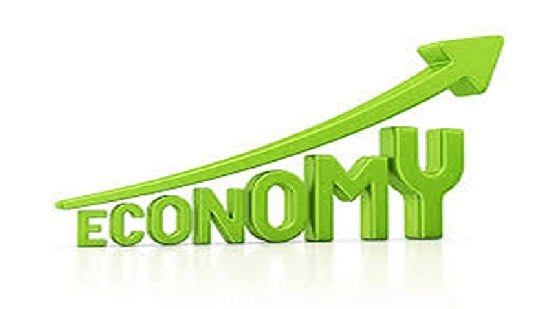

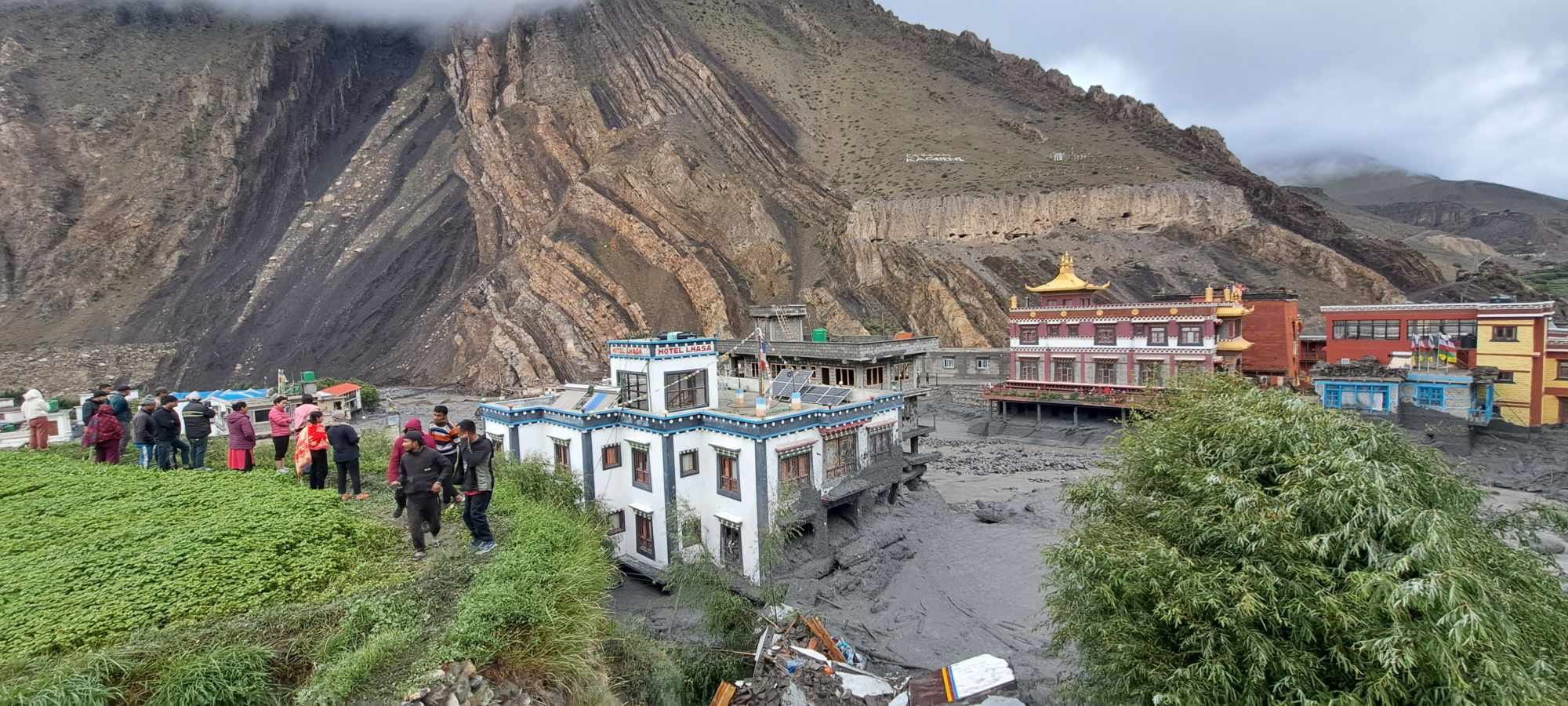
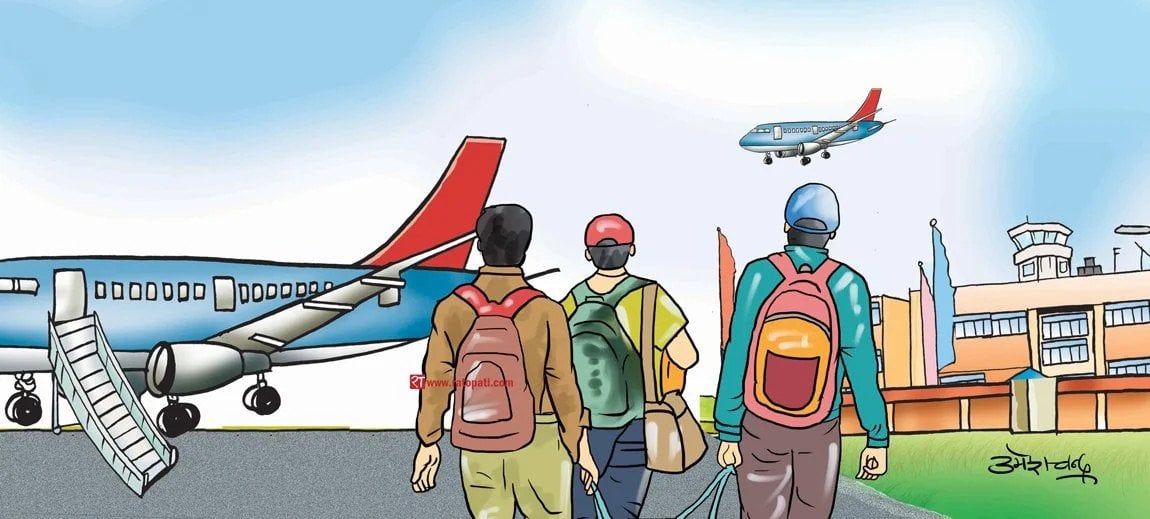
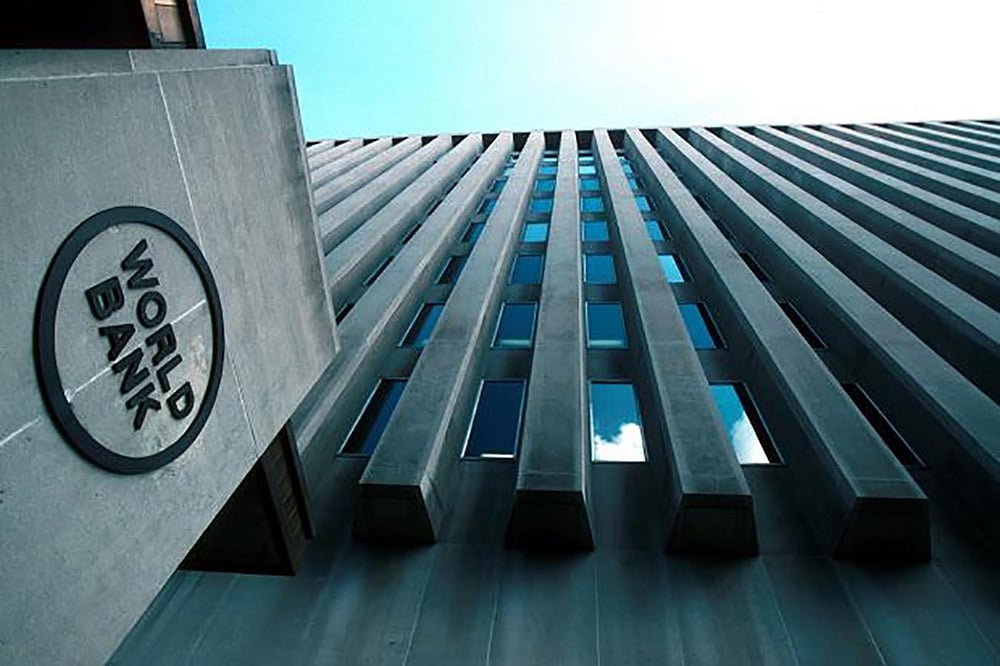


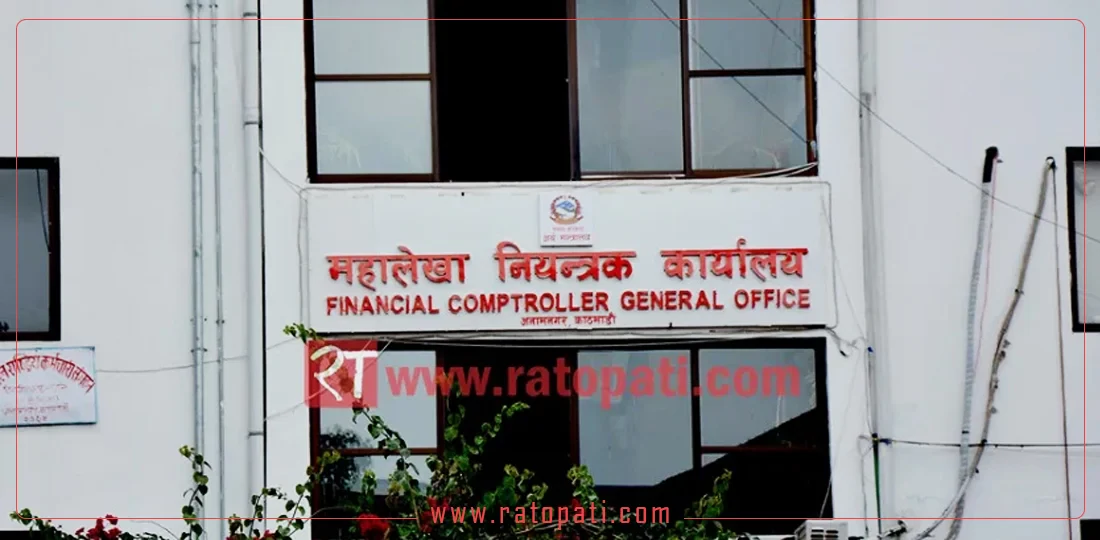
Leave Comment